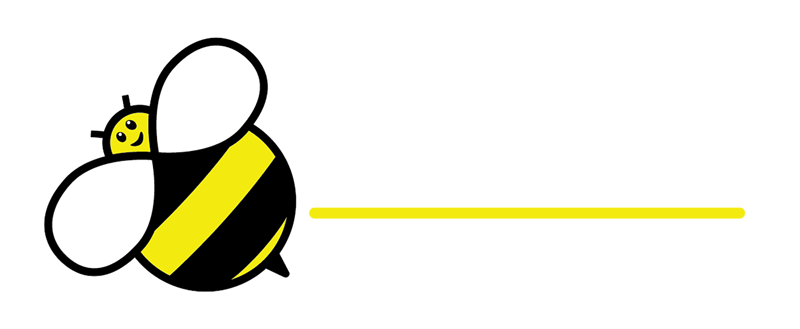
Passive immunity, or immunity gained in a way other than from one’s own immune system, can occur in a few ways and can be life-saving. However, passive immunity is short-lived because the antibodies are not continually replenished as they would be in an individual whose immune system is responding directly. Passive immunity can occur in a couple of ways:
MATERNAL ANTIBODIES
Unborn and newly born babies are protected by antibodies from the maternal immune system. These antibodies are shared in two ways: across the placenta and in breast milk.
• PLACENTA AND CIRCULATION — When a woman is pregnant, her blood circulates through the placenta to deliver nourishment and protection to the developing fetus. As the blood circulates, so do the antibodies and immune system cells that travel in blood. Although developing fetuses are not typically exposed to any pathogens in utero, they are exposed to viruses and bacteria during and immediately after birth. The types and levels of antibodies in a baby’s blood at birth reflect those of the mother.
• BREAST MILK — Babies also get antibodies from breast milk, particularly from a protein-rich version of breast milk supplied in the first few days after birth known as colostrum. Colostrum, which is produced in the first three to five days after birth, contains higher levels of antibodies that protect the intestinal surface (immunoglobulin A or IgA) and lower levels of nutritional ingredients than milk produced in the weeks following birth. This transfer of antibodies from mother to child suggests its importance in the period before a baby’s immune system can generate its own protection.
IMMUNOGLOBULIN TREATMENTS
In certain situations, antibodies obtained from animals, from other people, or synthesized in a laboratory can be used to treat individuals at risk of infections. For example, infants born to women infected with hepatitis B are treated with antibody preparations in addition to being vaccinated in an effort to protect them from also becoming infected with hepatitis B. In another example, people bitten by some poisonous snakes may be treated with antivenom, a mixture of antibodies against the type of snake venom to which the person was exposed.


